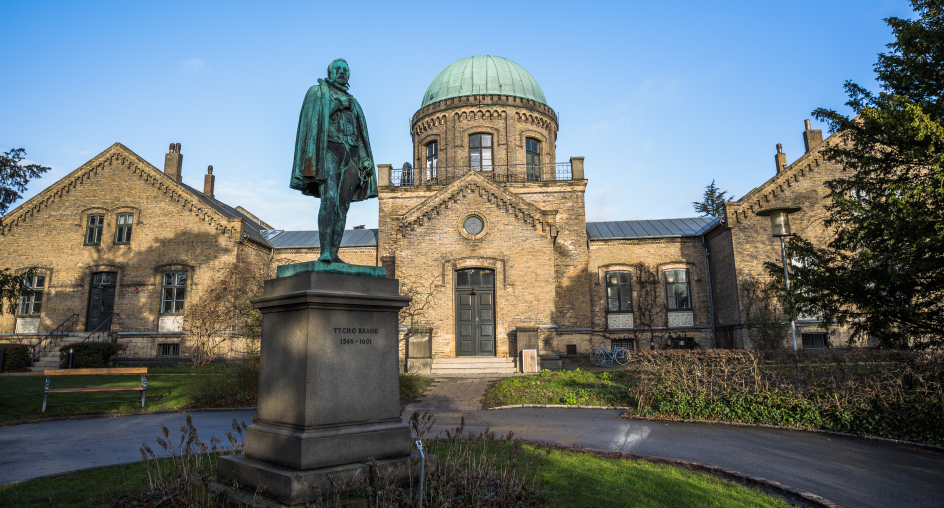Higher Education in Denmark

Educational system
Like many countries in Europe, Denmark splits its institutions into more traditional, research-based programs where students learn about a wide range of topics (Literature, Chemistry, etc), and then into career or trade-based locations, where a person would go to be educated about a specific profession. The more general institutions are called Universities and the profession-driven ones are University Colleges. There are eight universities in Denmark that are focused on research, and eight University Colleges and ten Academies of Professional Higher Education that offer the profession-based programs. In addition to these two main types of institutions, a student can also browse a number of programs available at the fifteen schools operated by the Ministry of Culture. These programs are focused on the arts. Due to Denmark’s deep appreciation for learning, many further education options exist for adults and are unique in their targeting of older students with life and work experience.
Universities
Public universities make up the majority of Denmark institutions and receive donations from the government. There are also many smaller, private investors that provide help to international students who are ineligible for certain types of monetary support, and also to smaller institutions that share the organization’s passion.
Degree Programs
The most common programs for students in Denmark are teaching, engineering, nursing, journalism, music, architecture, and business. Through studying at either a university or a university college, students can earn bachelor’s degrees, Academy Profession degrees, University Bachelor’s degrees, and then post-graduate degrees like a PhD.
